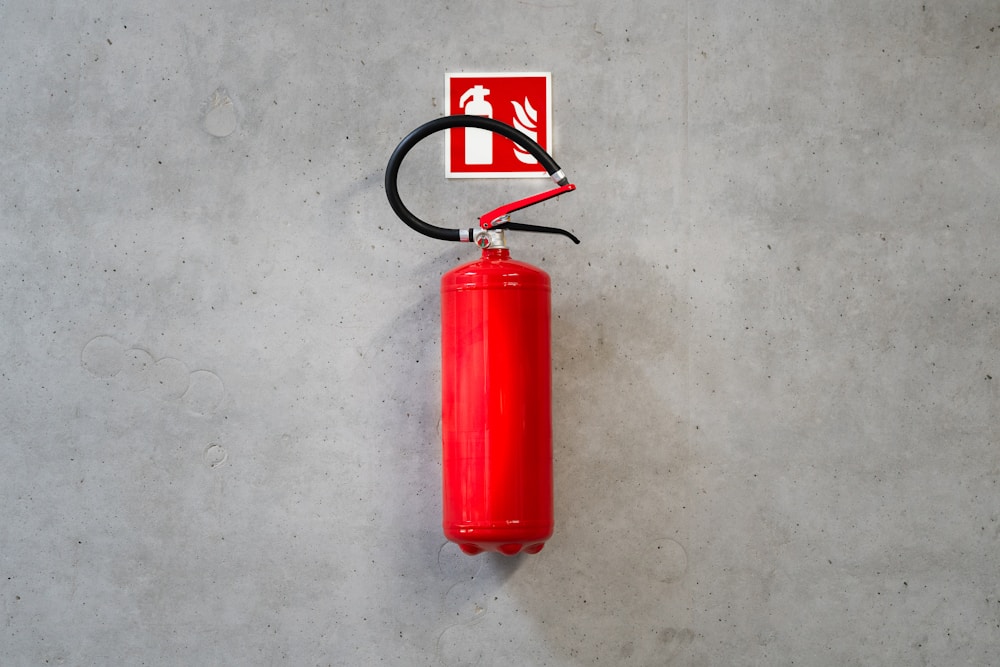

On 4 July 2025, significant regulatory changes came into force which affect the supply of aqueous film forming foam (AFFF) fire extinguishers, commonly used for Class A and Class B fires (Class A fires are those involving organic materials such as wood and paper and Class B fires involve flammable or combustible liquids, such as petrol, diesel, paint and solvents, etc).
The manufacture and sale of foam containing these chemicals is now prohibited and can no longer be manufactured, sold or purchased. However, if AFFF extinguishers are already in-situ in your premises, they are still compliant. When they eventually need to be replaced, a different firefighting agent will be needed.
The new rules form part of a wider global effort to phase out PFAs (Per- and polyfluorinated alkyl substances), also known as the ‘Forever Chemicals’, are a large chemical family of over 10,000 highly persistent chemicals that don’t occur in nature; These chemicals are found in some firefighting foams that can linger in the environment and the human body known to have long-lasting negative impacts on both human health and the world around us.
If your fire extinguishers are regularly serviced, refilled or replaced, they likely will not contain PFAs as these have been gradually phased out in the lead-up to the forthcoming manufacturing and sales ban.
An alternative extinguisher that can be used on both Class A and Class B fires is a water mist extinguisher, which can be used on a wide range of fire types.
Other alternatives for Class A fires are water, dry powder and wet chemical extinguishers, and for Class B fires dry powder and carbon dioxide (CO2).
If you’re looking to replace your extinguishers, you might like to take a look at the suitable alternatives available at Nisbets.